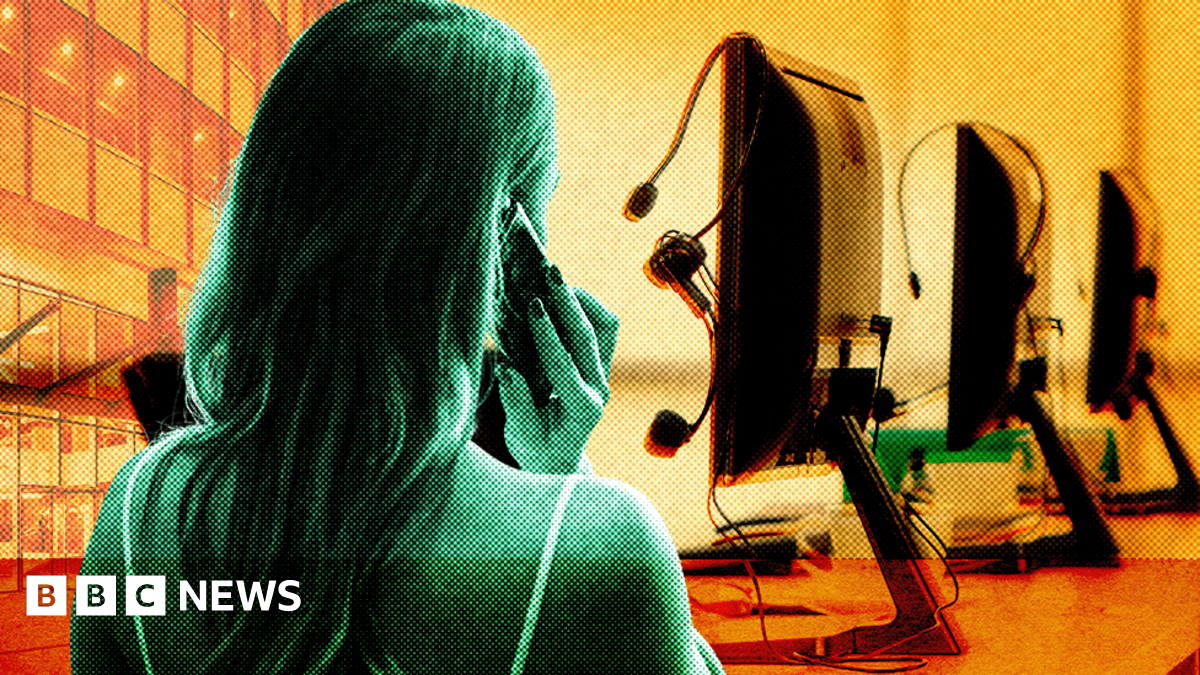I hate being socially anxious, went for a family meal and instead of being relaxed and enjoying, I am aware of the people around me and feel like I am in a vice , all tensed up, no idea where to look , I glance at people on other tables and damn they are looking at me so I stare at the table.
Undiagnosed autism? If I hadn't been driving I would have had a few drinks to numb it
I get that all the time and it's related to in part my Dyslexia but also diagnosed anxiety. And there is a clear reason for why I feel that way now based upon some events in my past.. primarily severe bulling at school and some fairly traumatic events at work. As they say, the body keeps the score.
So I think it's very important to recognise isolation and try and "force" yourself into situations where you are around people, assuming you are physically able to do so.
Constant isloation is effective to torture. I.e being locked up with no access to anyone. According to my therapist she see's this in lots of people, particuarly those older or those with severe anxiety. For example I work from home, don't have any friends or family nearby and moved back to the UK from abroad a year ago. I can go days without talking to anyone or seeing anyone. That, if you have anxiety is going to simply make things even worse. Forcing yourself to go for a daily walk, go to the shops for 5 mins, interact with people is a MUST. Humans are social animals, no matter what certain feel prefer, and it does have a very profound impact on certain people if they are removed from interaction with people on a daily basis. It makes a massive difference to me, that's for sure.
Last edited:




 I've had a fleeting thought of it when I was younger but it was when my dad was fighting and losing his cancer battle. I knew I didn't want to end things. I definitely recommend going to GP as soon as possible or contacting one of the other support lines like Samaritans etc in the interim.
I've had a fleeting thought of it when I was younger but it was when my dad was fighting and losing his cancer battle. I knew I didn't want to end things. I definitely recommend going to GP as soon as possible or contacting one of the other support lines like Samaritans etc in the interim.